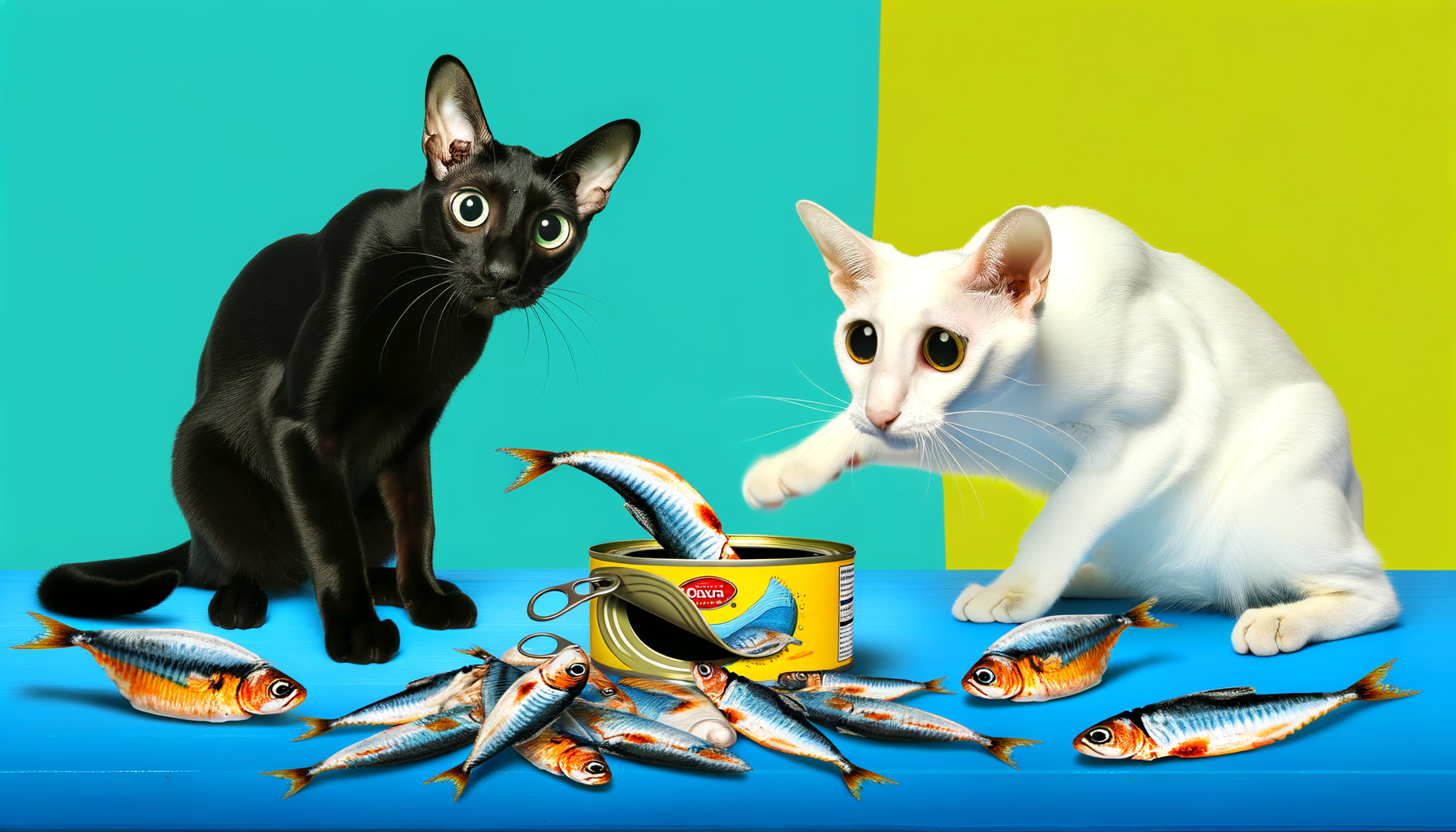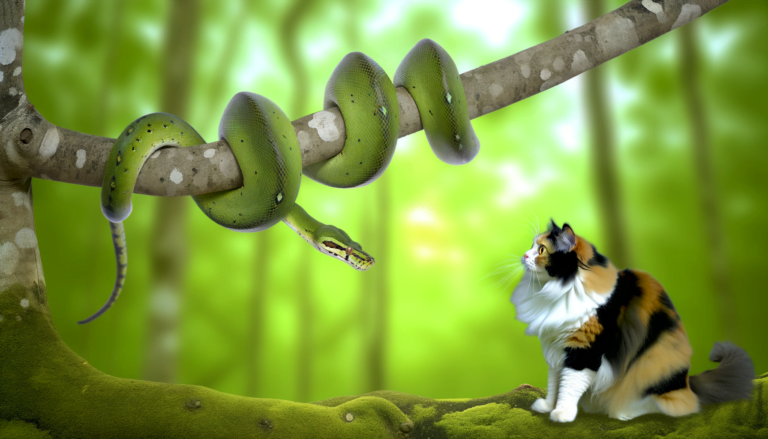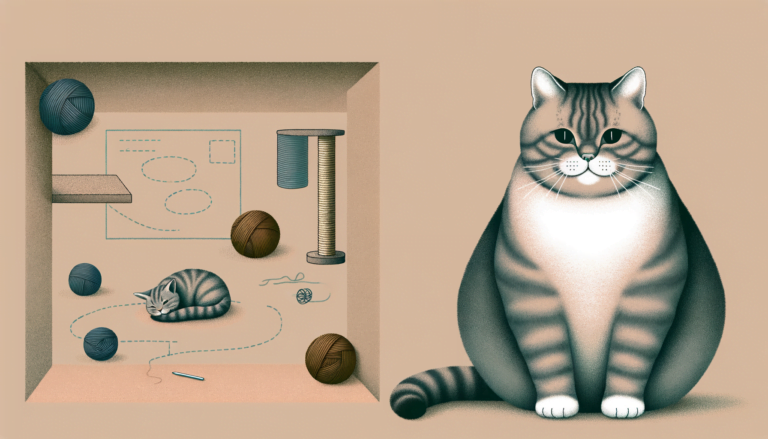Unraveling the Anchovy Enigma: Do Cats Really Enjoy These Salty Fish?
Yes, cats often enjoy the flavor of anchovies, appreciating their strong, fishy taste. However, it’s important to remember that while anchovies can be an occasional treat for your feline friend, they shouldn’t become a staple part of their diet. Anchovies, like many other fish, carry a risk of mercury exposure, so bear this in mind when offering them to your pet. Additionally, any anchovies fed to cats should be unsalted and unspiced, as these additives can be harmful to cats. In essence, while our feline companions may savor the occasional anchovy, moderation is key.
Understanding Cats’ Dietary Preferences
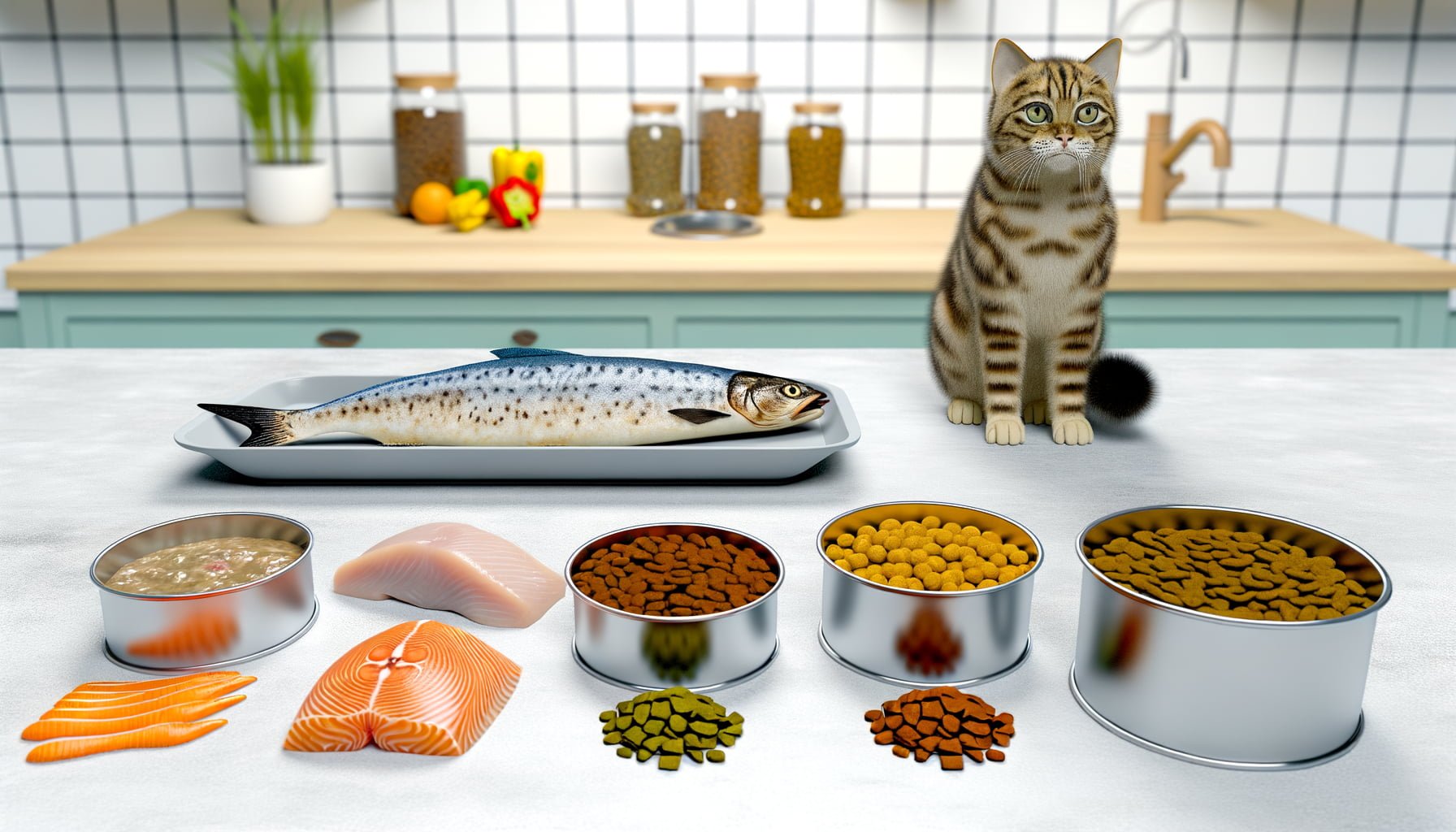
When it comes to understanding cats’ dietary preferences, it’s important to consider their biological makeup. Cats are obligate carnivores, requiring a diet rich in animal protein. Unlike humans and dogs, they lack the digestive enzymes to properly process plant-based foods. Thus, a meal such as anchovies, which are loaded with protein, can be appealing to your feline companion.
However, the feline palate is much simpler than ours. Cats have around 470 taste buds compared to our 9000. Their taste buds are predominantly attuned to detect meaty and fishy flavors, not sweets or spices. So, the robust, tangy flavor of anchovies could be a taste sensation for them. Remember, though, every cat is unique in its preferences and what one may enjoy, another may dismiss outright.
It’s also worthy to note that cats are evolutionary equipped to derive water from their prey. Therefore, their preference for moist foods like anchovies can also be seen as an adaptation to their natural need for hydration. Balancing their preferences with nutritional needs can lead to a healthier and more contented cat.
Practical Tips for Safely Introducing Anchovies in a Cat’s Diet

To introduce anchovies into a cat’s diet, start slowly. Anchovies are a potent source of Omega-3 fatty acids, but they can potentially be too rich for a feline’s digestive system if introduced hastily. Start with a small amount mixed into their usual food, gradually increasing the portion over several weeks.
Next, consider the source of your anchovies. Fresher is usually better, but be mindful that raw fish can sometimes carry parasites. Opting for cooked or canned anchovies can help mitigate this risk. Moreover, aim for options low in salt; excessive sodium intake may lead to health issues in cats over time.
Finally, ensure it remains a treat rather than a main course. Your feline friends’ primary diet should be balanced cat food. While the Omega-3s in anchovies provide benefits, they lack some essential nutrients found in specially formulated feline victuals. Use anchovies to supplement their diet, not to dominate it.
Cats’ Reaction to Fish-based Foods: A Focus on Anchovies
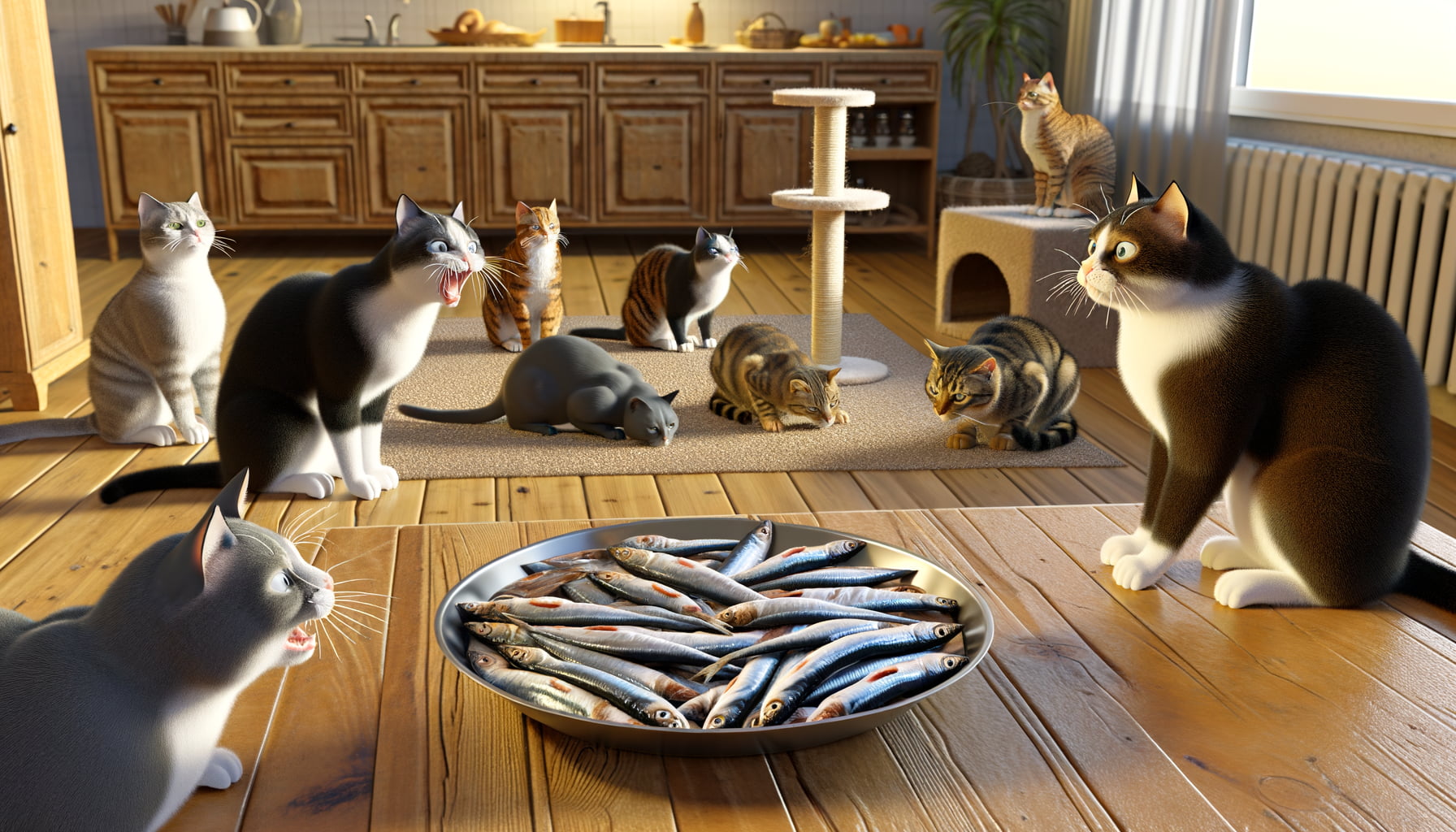
Cats indeed exhibit an intriguing reaction towards fish-based foods, particularly those containing anchovies. As obligate carnivores, their bodies are naturally inclined towards a meat-based diet. And while fish isn’t a part of a feline’s natural diet given their origin as desert animals, they have come to develop a certain fondness for it, primarily due to its high protein content and palatability.
Anchovies, specifically, not only satisfy a cat’s carnivorous palate, but their potent smell also tends to attract these curious creatures. However, it’s crucial to note that every cat has individual taste preferences, and the reaction to these small, salty fish may vary. Some cats may enjoy them while others might outright reject them. Whether any specific cat enjoys anchovies heavily relies on this variability.
Furthermore, while discussions on feline’s dietary preferences help us understand their nutritional needs and reactions to different foods, it’s equally vital to consider their well-being. It’s important to remember that the high sodium content in anchovies – a result of the traditional method of preservation – could pose potential health risks if consumed regularly or in large quantities by cats. Thus, moderation and vet-approved introduction should be the key when adding anchovies to a cat’s food roster.
Health Implications of Feeding Anchovies to Cats

Feeding anchovies to cats does have its health implications. Anchovies are known to be high in omega-3 fatty acids, which are beneficial to feline health. The fatty acids contribute to healthy coat, skin, and joints, and support heart health. However, they are also high in sodium and this is where the concern arises.
A diet high in sodium may lead to a condition known as sodium ion poisoning in cats. That can contribute to dehydration and increased thirst, and in severe cases, it potentially leads to tremors, seizures, or even a coma. Thus, while the health benefits of anchovies are tempting, the potential risks also need to be considered.
Another point of concern is the small size of anchovies. They contain tiny bones which could potentially cause a choking hazard or internal injury if not removed. Therefore, careful preparation is essential before feeding these to your feline friends.
Conclusion
As we have delved into the intriguing world of feline behavior, it is clear that the relationship between cats and anchovies remains a perplexing enigma. While some cats may show a preference for these salty fish, the reasons behind this choice still elude us. Perhaps further research and observation will shed light on this curious phenomenon.
In conclusion, the mystery of whether cats truly enjoy anchovies remains unsolved. The enigmatic nature of our feline friends continues to fascinate us, leaving us to ponder the depths of their culinary preferences. Until then, let us embrace the charm and mystery of cats and their unexpected tastes.
